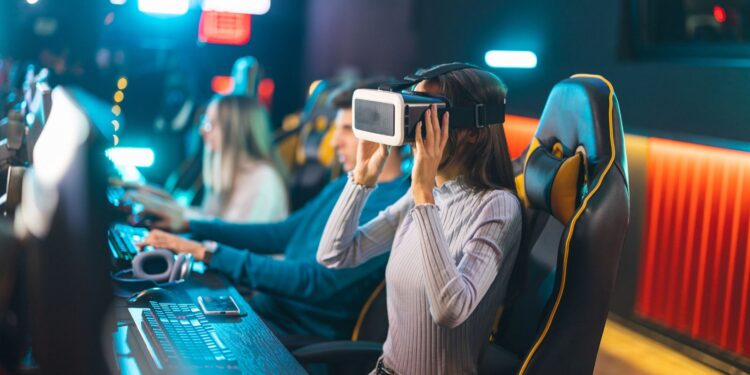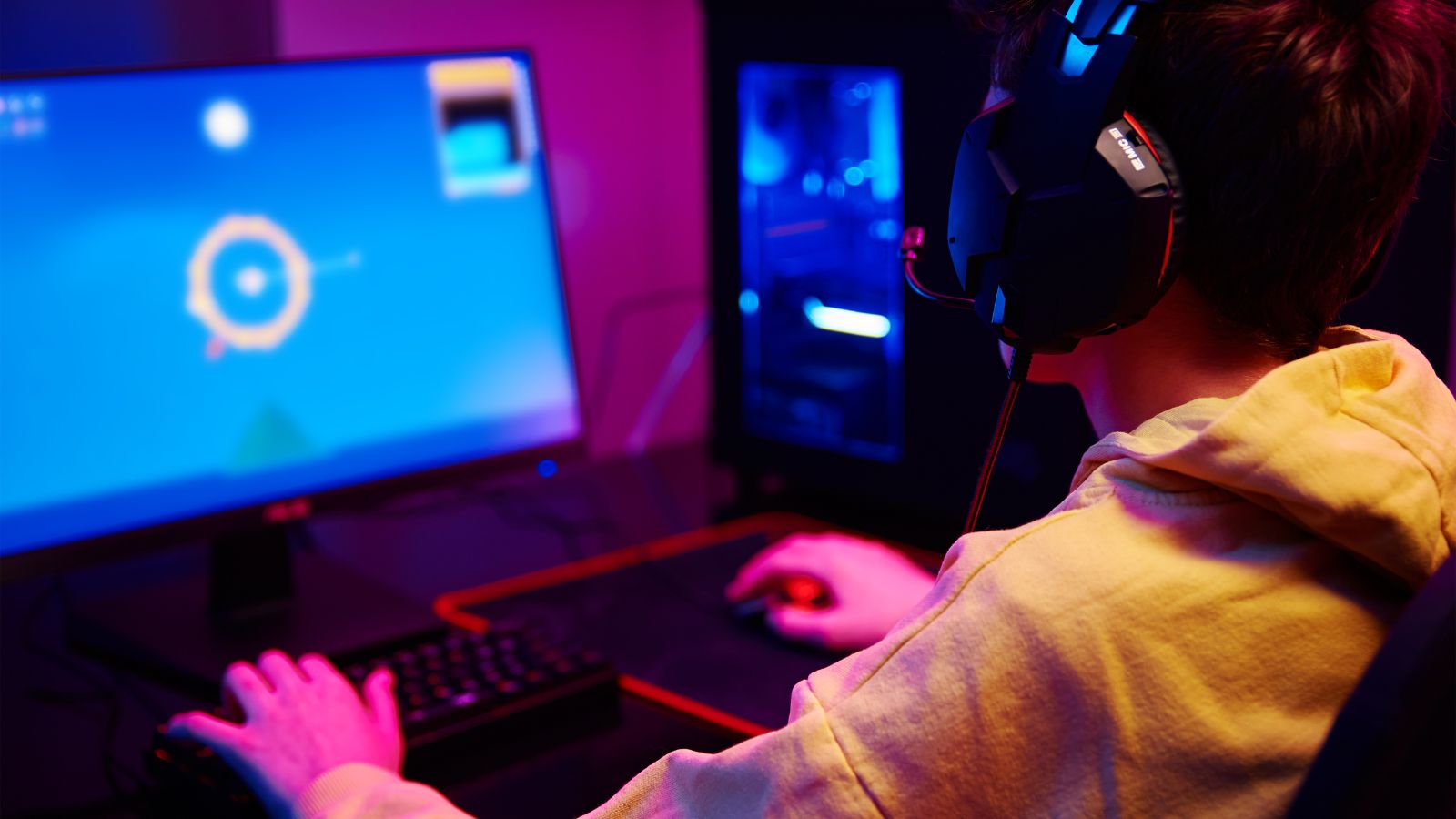AI has completely changed video games, making virtual worlds feel alive, giving non-player characters (NPCs) genuine intelligence, and crafting unique experiences for each of us. As AI in games becomes more advanced, talking about ethics is super important. We need to make sure AI is built in a way that’s fair, transparent, and responsible. This guide is all about helping game developers code AI that respects players, builds trust, and makes games even more fun.
What “Ethical AI” in Gaming Really Means
When we talk about ethical AI in games, we’re talking about designing and building AI systems with a moral compass. This means always prioritizing fairness, transparency, accountability, and player privacy. Why is this so important? Because the decisions AI makes can really impact a player’s experience and, frankly, the reputation of the entire gaming industry. If AI is unfair, like a biased algorithm, or if its decisions are a mystery, it can lead to frustrating gameplay, exclude certain player groups, and ultimately erode trust.
The Golden Rules for AI in Games
Think of these as the fundamental principles for building AI that everyone can feel good about:
- Fairness and Kicking Out Bias: AI learns from data. If that data has biases (even unintentional ones), the AI can pick them up, leading to some players getting an unfair advantage or disadvantage. To avoid this, we need to use diverse data when training AI and design with everyone in mind. Regularly checking our AI for bias and fixing it is a must.
- Being Open and Transparent: Players shouldn’t have to wonder why an NPC did something or how AI is influencing their game. Being clear about how AI makes decisions builds trust and helps players understand what’s happening. It’s also about being upfront about what AI can and can’t do in the game.
- Taking Responsibility (Accountability): What happens if the AI messes up or does something unexpected? Developers need a plan for that. This means documenting how the AI works, giving players ways to report AI issues, and being ready to take responsibility for the AI’s actions and their impact on players.
- Guarding Player Privacy: AI often uses player data to make experiences more personal. It’s absolutely essential to protect this data with strong security and follow rules like GDPR. Developers should only collect the data they absolutely need for the game and always get a player’s permission first.
Making Ethical AI Happen: Practical Steps
So, how do we actually put these principles into practice?
- Start Early: We should think about ethical considerations right from the very beginning of the game design process. There are even special toolkits and frameworks that can help us reflect on potential impacts.
- Test, Test, Test: Continuously testing and validating our AI is key to catching any harmful or biased behavior before the game even launches.
- Listen to Players: Create ways for players to tell us about any AI-related problems they encounter. Monitoring AI behavior even after the game is out helps us keep things running smoothly.
- Team Up: Get different kinds of experts together – ethicists, developers, even psychologists. Their diverse perspectives can really guide AI development in the right direction.
- Be Clear, Always: Keep thorough documentation and communicate openly with players about how AI systems work.
Tools to Help You Build Ethical AI
Good news! There are some helpful tools and frameworks out there designed to weave ethics into AI development:
- Ethical Toolkit for Game Development: This provides questions and prompts to help you spot ethical issues during the design phase.
- Data Ethics Decision Aid (DEDA): This encourages discussions within your team about the ethical implications of your data practices.
- Ethical Matrix: This tool helps you evaluate how AI might impact different people involved, making sure no one gets left out of the consideration.
Using these kinds of frameworks in our coding workflow helps us tackle ethical challenges systematically and encourages responsible AI use in games.
The Ups and Downs of Ethical AI in Gaming
It’s a balancing act: we want to innovate and push technological boundaries, but we also need to be super responsible with AI. Things like making sure algorithms are fair and protecting player data can be complex. However, ethical AI isn’t just about challenges; it’s a huge opportunity! It can make games more inclusive, build incredible player trust, and help us stay compliant with ever-evolving rules and industry standards. When handled ethically, AI can lead to richer, fairer, and ultimately more enjoyable gaming experiences for everyone.
The Future of Gaming is Ethical
At the end of the day, ethical AI isn’t just a nice-to-have in modern game development; it’s a must-have. It ensures that our AI systems are fair, transparent, accountable, and respectful of player privacy. By adopting responsible coding practices and using ethical frameworks, developers can build trust and create more inclusive games. This commitment to ethical AI isn’t just a suggestion; it’s a call to action for all game developers to prioritize moral responsibility right alongside innovation. Let’s work together to shape a future where AI truly enriches gaming for every single player.





















